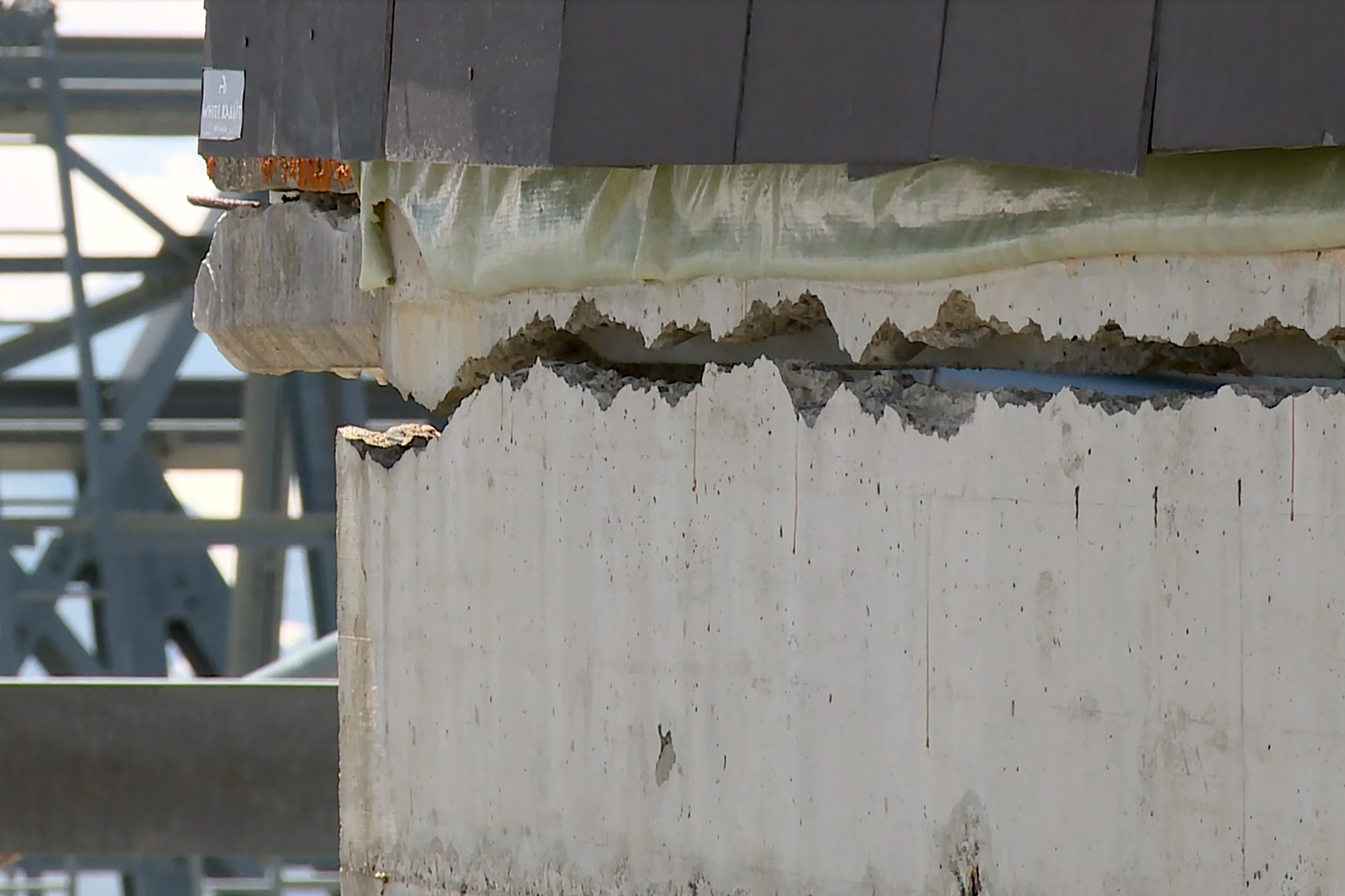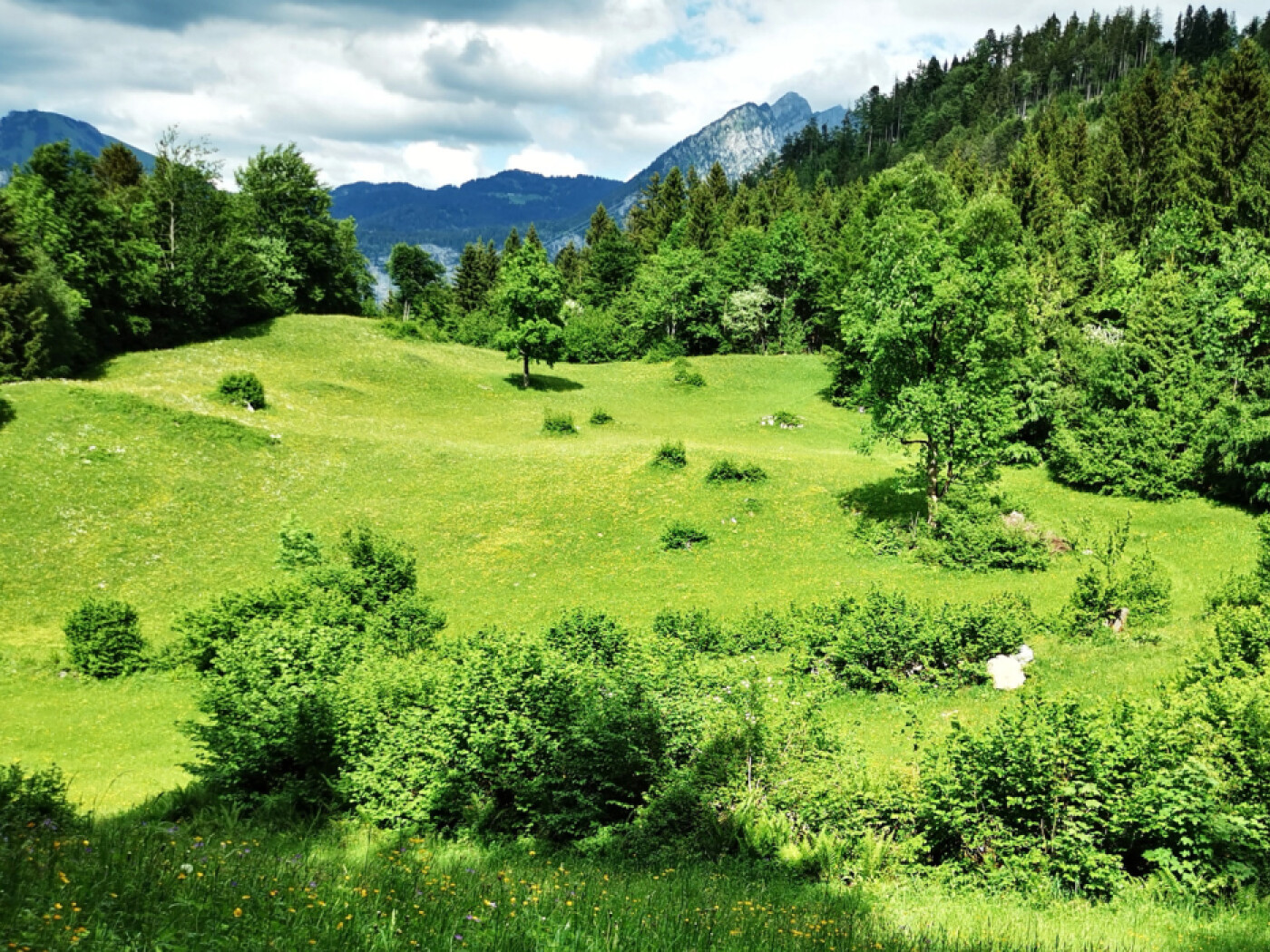
Barry Callebaut sells less chocolate than expected

Swiss chocolate producer Barry Callebaut was hit hard by high cocoa prices in the first nine months of its fiscal year.
+Get the most important news from Switzerland in your inbox
The world’s largest chocolate company generated more income than in the same period of the previous year despite selling less chocolate.
The company broke through the CHF10 billion turnover barrier between September 2024 to May of this year, earning CHF10.9 billion. In Swiss francs, this is 49.6% more than in the previous year. In local currencies, the increase would have been as much as 56.7%.
This was mainly due to the flexible cost-plus pricing model, with which Barry Callebaut successfully passed on the sharp rise in cocoa prices to its customers.
In terms of volume, however, sales fell by 6.3% over the entire period. In absolute terms, the Group still sold 1.6 million tonnes of chocolate.
A decline had been expected after the volume had already fallen in the first half of the financial year. However, the extent of the decline was greater than analysts had predicted. The AWP consensus expected a decline of only 5.1%.
Unprecedented market environment
“Our industry has been experiencing an unprecedentedly disruptive and volatile market environment for the past 18 months,” said CEO Peter Feld.
In the third quarter alone, the decline was as high as 9.5%. The cocoa business (Global Cocoa) was particularly affected, with volumes falling by 11.3% due to lower demand, supply bottlenecks and the targeted prioritisation of profitable segments.
+ Is Swiss chococlate tainted by child labour?
The decline in the chocolate business (Global Chocolate) was somewhat more moderate at 5.1%. Changes in customer behaviour, particularly in North America, and ongoing uncertainties in the market had a negative impact here, as the company reported.
Targets reduced
Barry Callebaut again adjusted its targets for the full year, which had only been revised in the spring. For the remainder of the fiscal year, which runs until August, the Group expects recurring EBIT growth in the mid to high single-digit range and a decline in sales volume of around 7% instead of in the mid single-digit percentage range.
In addition, the company is taking measures to reduce its high debt, which amounted to 6.5 times recurring EBITDA in February 2025 – mainly due to increased inventories as a result of high cocoa prices.
To this end, the company plans to reduce net working capital, increase EBITDA through price adjustments and efficiency gains and optimise the financing mix. The aim is to reduce dependence on volatile cocoa prices and improve financial stability.

More
Cocoa-free chocolate arrives in Switzerland
Translated from German by DeepL/mga
We select the most relevant news for an international audience and use automatic translation tools to translate them into English. A journalist then reviews the translation for clarity and accuracy before publication.
Providing you with automatically translated news gives us the time to write more in-depth articles. The news stories we select have been written and carefully fact-checked by an external editorial team from news agencies such as Bloomberg or Keystone.
If you have any questions about how we work, write to us at english@swissinfo.ch

In compliance with the JTI standards
More: SWI swissinfo.ch certified by the Journalism Trust Initiative













































You can find an overview of ongoing debates with our journalists here . Please join us!
If you want to start a conversation about a topic raised in this article or want to report factual errors, email us at english@swissinfo.ch.